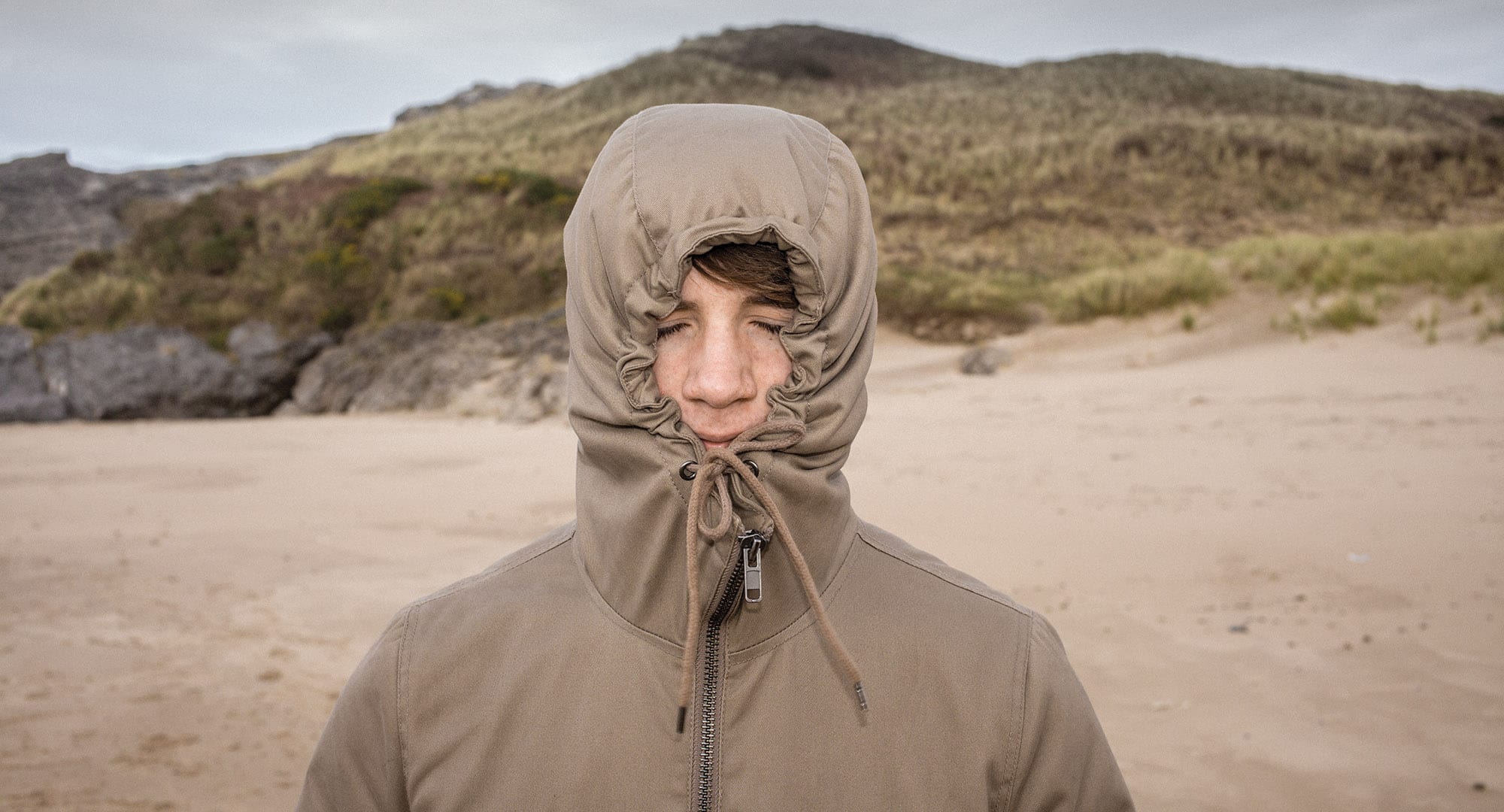Introduction
Conditions of worth are the expectations we think we must meet in order for other people to accept us as worthy of their love or positive regard.

We naturally take on board other people’s values and ideas of how we should be. If we don’t examine why we think the things we think, then we soon lose clarity of who we really are. To find our true worth and identity, we need to first separate out what we believe to be right for ourselves and then resist the expectations of people around us.
PEEL is an exploration of self-identity and is the culmination of a three-year study working with groups of young people, using photography and poetry, to explore their identity and uncover who they are rather than just what they look like.
Social media, self-expression and self-identity present a growing problem for young people. Trying to establish a true identity, whilst finding themselves within a ‘selfie’ culture of carefully curated Facebook and Instagram lives, has never been harder.
The overall objective of the PEEL project is to inspire young people to connect on a deeper level by asking each other a series of searching questions, face to face. They listen to the responses, and work towards a distilled summary that culminates in a poem that describes and encapsulates something about the person they have spent time with. Participants can then start thinking, together, about what the photographic portrait could be, referencing an experience or emotion that represents an aspect or point of view of the individual.
By taking a break from endless ‘short bursts’ of online communications and instead engaging with each other face to face, PEEL teaches us to take the time to listen to one other. Using a series of PEEL questions – and also adding their own – the students uncover and discover new stories and interesting narratives about each other that have shaped their lives. They discover each others’ hopes, strengths and fears to gain an authentic glimpse into their developing identities and a better understanding of who they are.
PEEL is not the only answer. But it is the beginning of a discovery process that goes back to a time when we spent more ‘real’ time together, before we became addicted to our smart-phones.
Back then, we were looking up at the stars and into each other’s eyes, making connections, discovering and sharing wonders. We learned how to deal with awkward silent moments and abandon our shyness by talking to each other at bus stops and in silent lifts. We spent time getting to know each other, time that taught us to be patient and gave us wisdom, dignity and the meaning of real community. Above all it gave us hope. We learned to be still, how to be alone and the art of sometimes switching off and doing literally nothing.
Then the world changed. Streets and bars were full of lit-up faces constantly looking down into the palm of their hands, silently bumping into things and each other on their way to a WiFi friendly zone. Couples out together for dinner were in separate online worlds, parents at home were glued to social media, whilst toddlers entertained and nourished their curiosity on tablet screens. The parks where kids once played were now empty, the bus stops and lifts stayed silent. We no longer wanted to connect or step beyond our shyness.
We can’t stop young people using social media and playing online, but we can help them moderate by guiding them towards a greater understanding of who they are and what they could become.
Once they have a deeper and more positive individual expression of their own unique identity, then we can inspire them to put down their devices more frequently and enjoy life with each other in the physical world. This in turn inspires a richer understanding and compassion towards each other and builds resilience in young people to help them make better decisions and navigate through an ever-growing virtual reality.
There will never be an electronic or online application for empathy. There is only the human version and the application of that must happen face to face. There is no substitute for a ‘person to person’ interaction if we want to build meaningful and authentic relationships in our lives.
Rather than tell us how to behave, PEEL takes us on a journey that hopes to change our behaviour towards a more positive world of genuine interaction.
Marksteen Adamson
TRYING TO ESTABLISH A TRUE IDENTITY... HAS NEVER BEEN HARDER FOR YOUNG PEOPLE.
PEEL TEACHES US TO TAKE THE TIME TO LISTEN TO EACH OTHER.
PEEL IS THE BEGINNING OF A DISCOVERY PROCESS THAT GOES BACK TO A TIME WHEN WE SPENT MORE ‘REAL’ TIME TOGETHER.
STREETS AND BARS WERE FULL OF LIT UP FACES CONSTANTLY LOOKING DOWN INTO THE PALM OF THEIR HANDS.
INSTEAD OF TELLING THEM HOW TO BEHAVE, TAKE THEM ON A JOURNEY THAT CHANGES THEIR BEHAVIOURS.